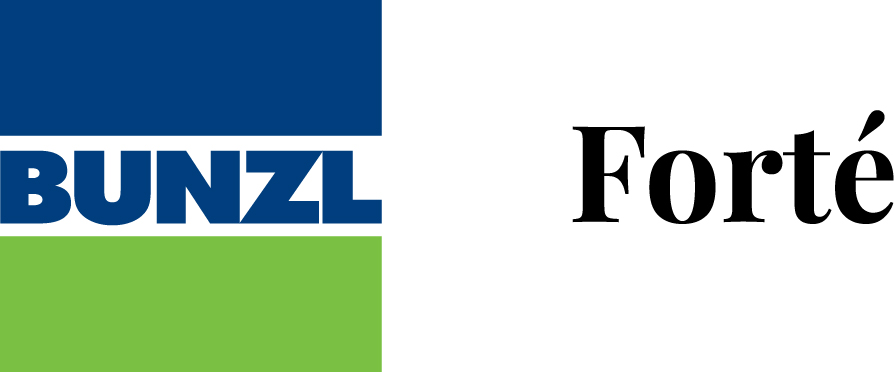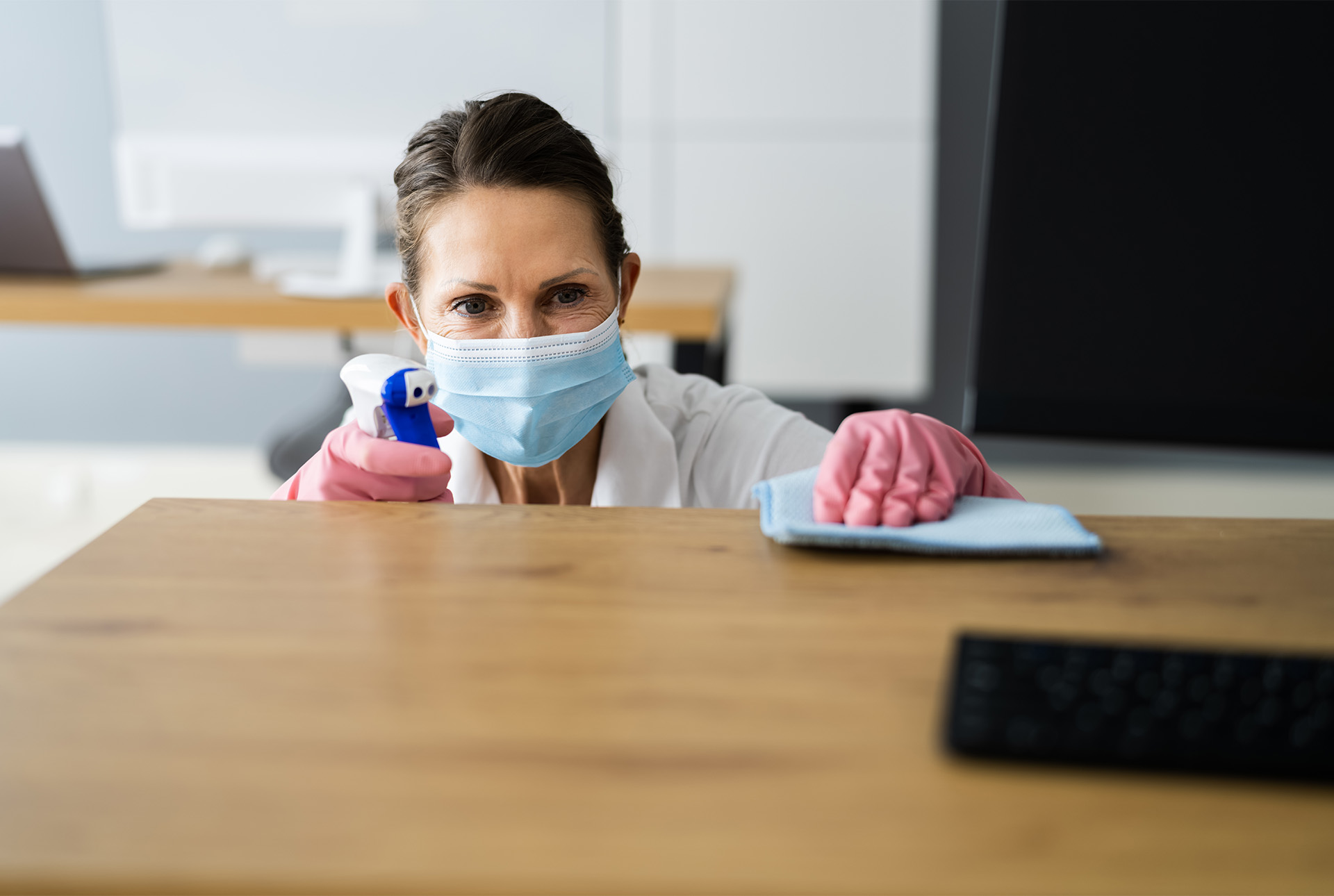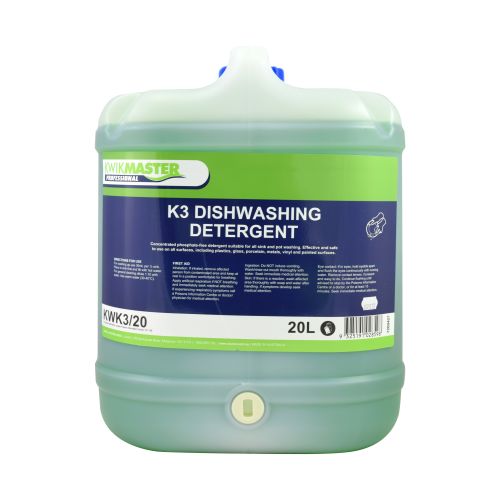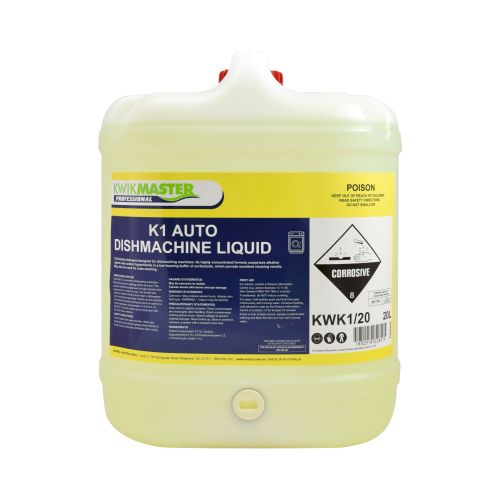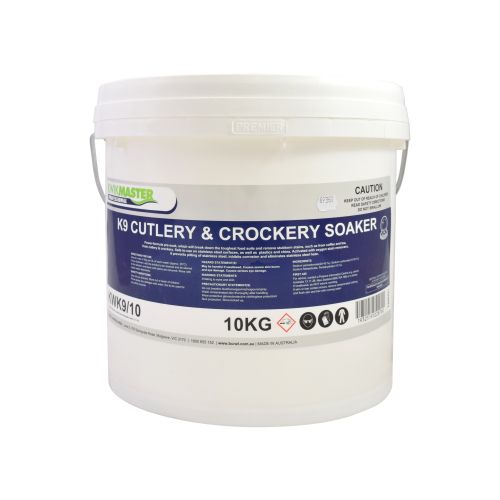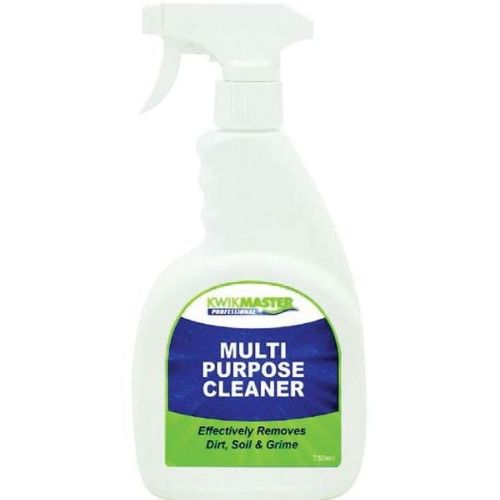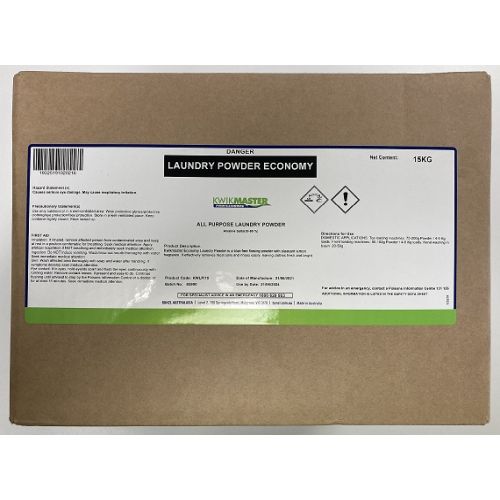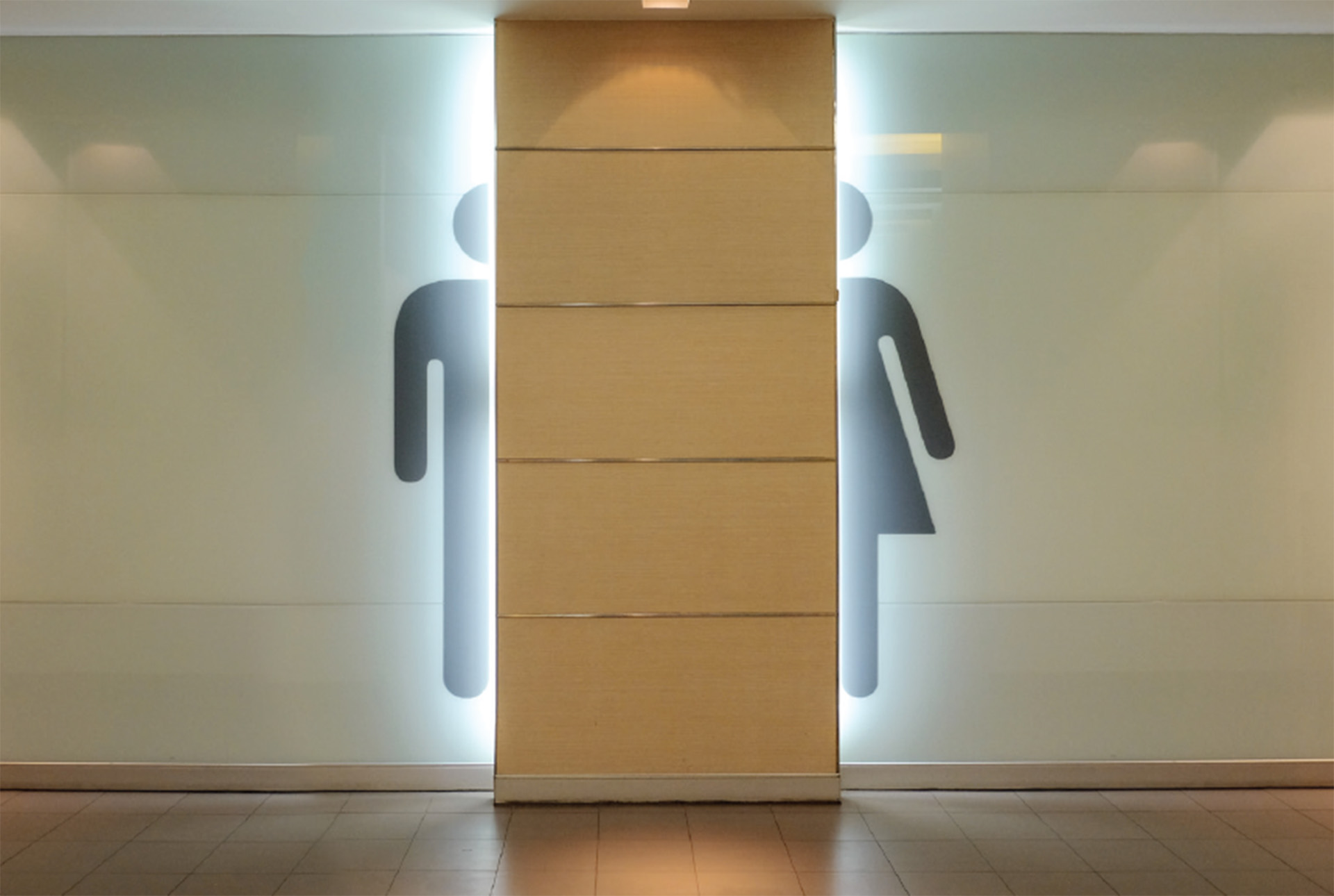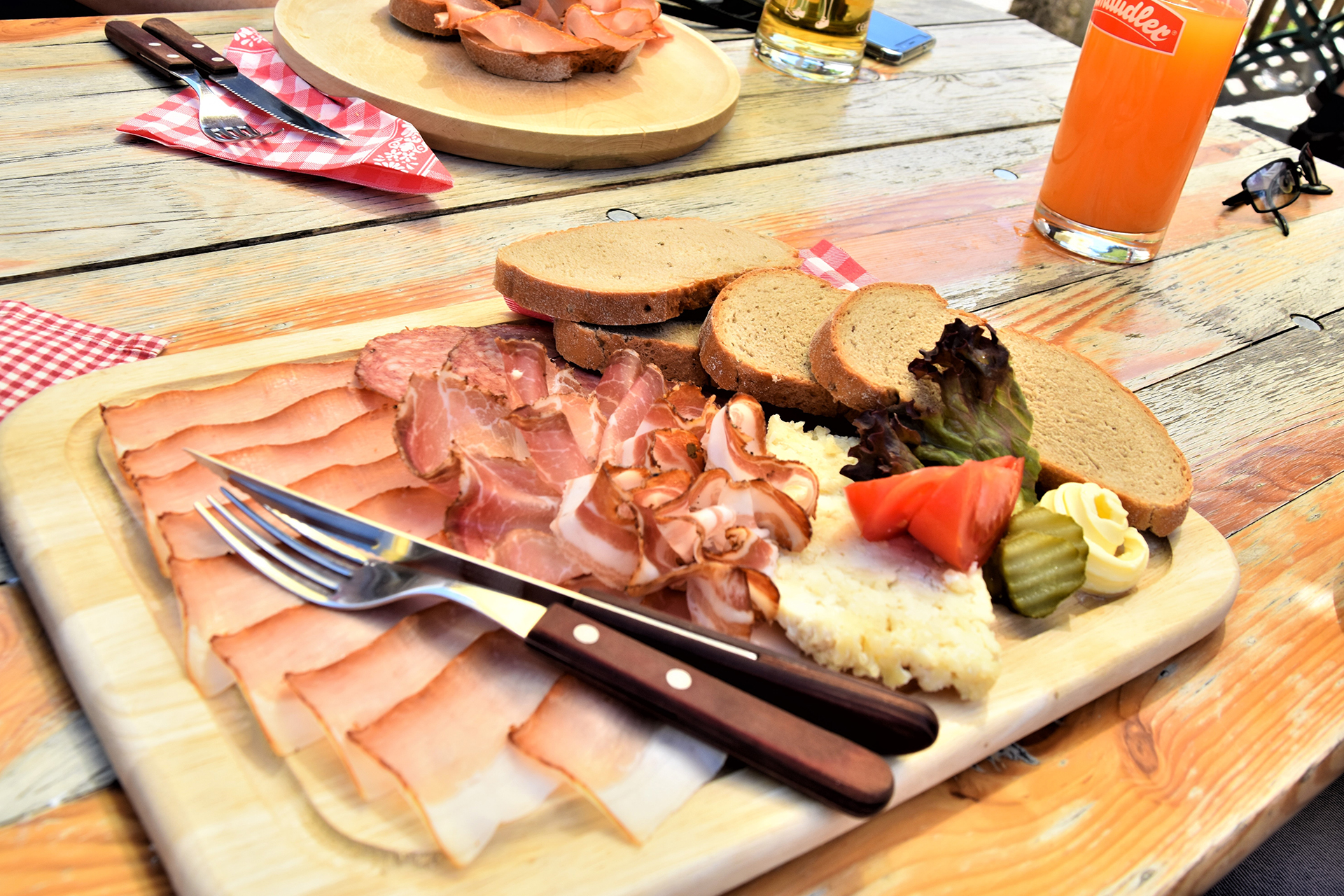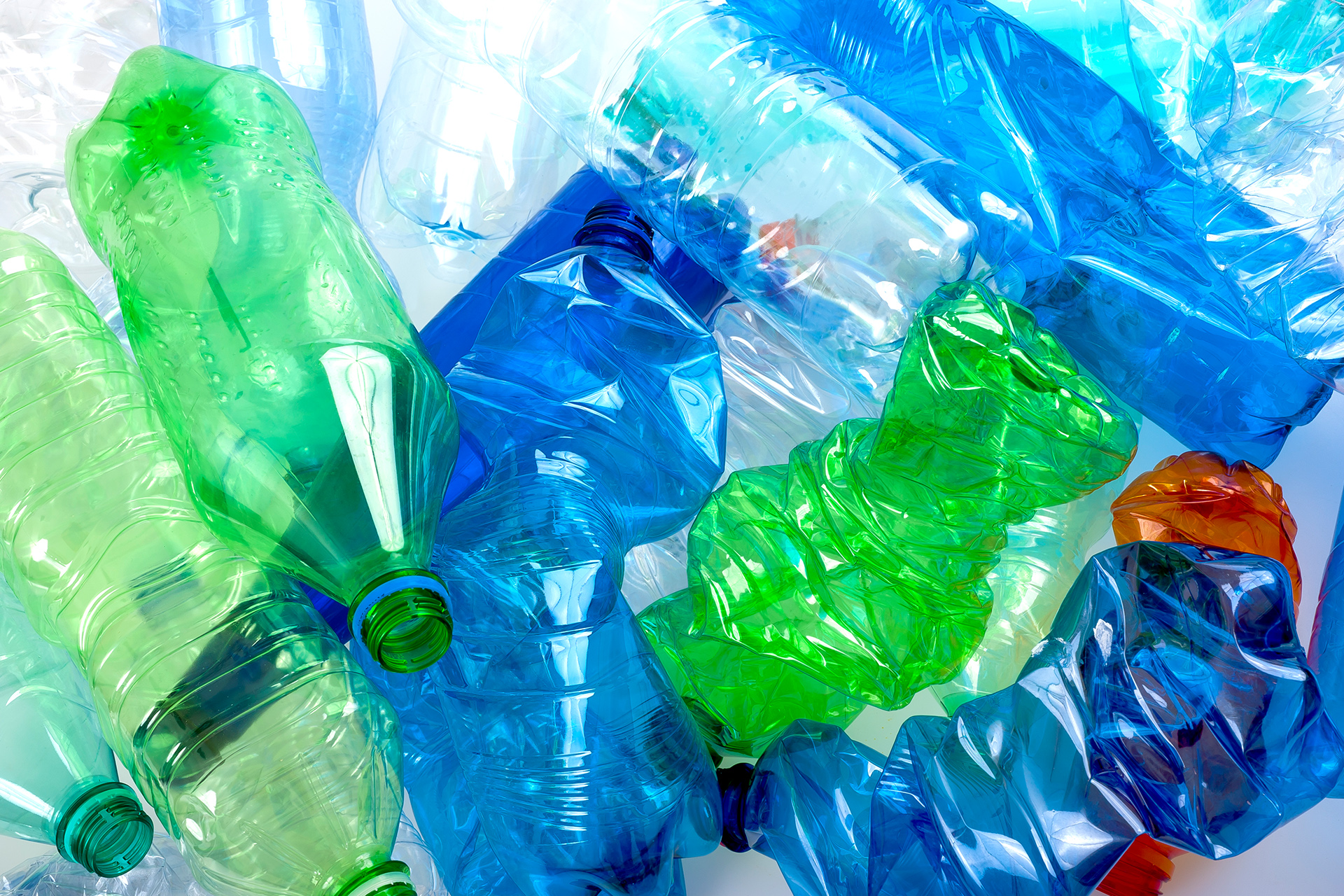When it comes to cleaning, we know that different surfaces require different cleaning solutions. Both to ensure efficient cleaning and to guarantee the durability of different surface materials.
Also, handling cleaning chemicals should never be taken lightly and all safety precautions should be observed.
By reading our expert guide, you can make informed decisions about which cleaning chemicals to use for different surfaces – ultimately creating a clean and healthy environment for your customers and employees.
Different Types of Commercial Cleaning Chemicals
Commercial chemicals are cleaning products used for industrial cleaning, and they come in two forms: liquid or powder – which will usually require dilution before use.
Here are the most common types of commercial cleaner bases:
1. Water-Based Solutions
These cleaning solutions contain water as the key ingredient. You need to use rags, mops, or brushes to use these products.
Water-based cleaning solutions are categorised based on their PH scale, which is the measurement of acidity or alkalinity when a chemical is mixed with water – where 0 represents the most acidic and 14 is high alkalinity.
- The Acidic: Chemical cleaners with a PH level of zero to seven. Acidic cleaners remove hard water build-up or mineral stains such as rust. They are efficient for removing tough stains.
- The Alkaline: Alkaline cleaning solutions have a PH level ranging from 7 to 14. High alkaline solutions are more effective for corrosion and are suitable for eliminating organic stains such as greases, wax, oil build-up, and dirt.
2. Solvent-Based Solutions
These solutions dissolve grease and oil. They can be either alkaline or acidic and are characterised as either general or specific purpose-based cleaners. Solvent-based general cleaning solutions are suitable for all types of surfaces.
Some of the purpose cleaners that contain solvents are spot removers and rug cleaners.
3. The Water-Soluble Solvent-Based Solutions
These industrial cleaners contain both water and solvents. They are the most basic kinds of industrial cleaning products. They are also known as all-purpose cleaners, ideal for lifting and removing dirt, soil, and grime from washable surfaces.
4. Abrasives
The abrasive chemical cleaners are suitable for scrubbing grime and dirt. Some of them can also contain bleach or other antimicrobials that will kill germs while cleaning.
Abrasives contain particles such as ground calcite (calcium carbonate), feldspar, pumice, quartz, or silica (silicon dioxide), which create a scouring effect that removes dirt firmly attached to a surface.
They are strong enough to get rid of dirt without much effort, cleaning surfaces faster and more efficiently.
Cleaning Products To Avoid for Certain Surfaces
Some chemical cleaners contain components that can be damaging or caustic to certain surfaces. However, most chemical cleaners are safe for use, subject to instructions.
There are chemical cleaners that should not come into contact with some surfaces. For instance:
- Abrasive Cleaners: Avoid using abrasive cleaners on surfaces like glass, plastics, and vinyl, as they can easily scratch and damage these delicate materials.
- Ammonia: Do not use cleaners with ammonia on natural stone surfaces like granite and marble. Ammonia can cause these materials to discolor and lose their shine over time.
- Sodium Hypochlorite: Do not use bleach cleaners on surfaces such as metals, granite, wood, marble, or stone. Bleach discolours these surfaces.
Factors To Consider When Choosing Cleaning Chemicals
Here is a guide on choosing chemicals for various cleaning needs.
1. Performance
One of the significant factors to consider when selecting industrial cleaning products is performance. Some areas require the extra strength of certain cleaning chemicals and solutions. For instance, toilets and kitchens need more potent cleaning chemicals that are acidic or citric-based. These solutions are ideal for scrubbing these areas due to their natural anti-bacterial, anti-fungal, and degreasing properties.
Other places, such as office spaces, require mild cleaning chemicals. These products can have varied cleaning strengths, so always check their description to understand the right use.
For example:
- Kwikmaster K3 Dishwashing Detergent is ideal for removing grease and food residue in commercial dishwashing.
- Kwikmaster K1 Auto Dishmachine Liquid offers powerful performance for automatic dishwashers in high-volume kitchens.
2. Environmental Safety
Consider buying sustainable products. Cleaning products that have been packaged in 100% recyclable packaging can be better alternatives to virgin or non-biodegradable packages.
Also, look for products labelled as certified by GECA (Good Environmental Choice Australia), which is an organisation with a mission to promote environmentally preferable products and services.
By purchasing products with the GECA Ecolabel, you are supporting environmentally preferable production and consumption.
3. Health Issues
Cleaning products are made with different chemical compositions. When choosing chemical cleaners, consider the health concerns of the users and the people around them. For chemicals that emit fumes, you must wear protective gear. Also, ensure proper ventilation and good airflow in spaces where the chemicals are in use.
4. Purpose
Different chemicals are made for specific cleaning needs. For instance, some chemical cleaners are designed as degreasers, disinfectants, stain removal, anti-bacterial, or bleach, which will all work differently against various surfaces and types of mess (think grease, grime or organic matter).
Buy a chemical cleaner that meets your cleaning needs.
Best Cleaning Chemicals for Every Surface
The choice of cleaning chemicals can determine your space’s hygiene and safety. The numerous amounts of chemical cleaners on the market can make it hard for you to choose.
In this section, we highlight the best cleaning products for every surface.
Floor Cleaners
When choosing the right floor cleaner, consider the type of floor material, such as vinyl, tile, wood, bamboo, and laminate. Consider multipurpose cleaners formulated to shine and clean without damaging floors.
The following are the best cleaning products for commercial floors that we would recommend:
Kwikmaster Professional K11 Floor Cleaner Neutral
The Kwikmaster Professional K11 is an industry leader in floor cleaning technology. The low-foaming liquid will make your grimy and messy floors and hard surfaces sparkling clean.
Kwikmaster Professional Floor Cleaner & Degreaser Heavy Duty
This low-foaming heavy-duty degreaser will clean your floors, hard surfaces, benches, and decks, leaving you with super-clean surfaces.
Glass Cleaners
Every facility has windows and glass that should remain clean and streak-free. Consider buying cost-effective and functional glass cleaners such as:
Kwikmaster Glass & Mirror Cleaner
The Kwikmaster Glass & Mirror Cleaner is your best companion for crystal-clear glass and mirrors. Best for cleaning chrome surfaces, stainless steel, porcelain, laminate, tile, and countertops.
Heavy-Duty Cleaners
The heavy-duty cleaners are designed to clean thick dirt such as grease, oil, or other unusual dirt. Consider both the efficiency and the safety of the product.
Some of the heavy-duty cleaners to consider are:
Kwikmaster H19 Chlorinated Heavy Duty Cleaner
The Kwikmaster H19 Chlorinated Heavy Duty Cleaner is the favourite cleaner for most buyers. The foaming cleaner is suitable for food processing areas, kitchens, and amenities.
Kwikmaster Professional HD Lemon Disinfectant Heavy Duty
No heavy scrubbing and time wasted on cleaning with the Kwikmaster Professional HD Lemon Disinfectant. Use it across all surfaces and kill a spectrum of bacteria—a true cleaning superhero.
Kwikmaster K9 Cutlery & Crockery Soaker
Perfect for restoring shine and hygiene to cutlery, crockery, and kitchen utensils.
Food Surface Sanitiser
Food surfaces and cooking areas must stay clean all the time. Use mild kitchen cleaners for cleaning food surfaces and cooking areas. However, ensure the cleaning solutions are strong enough to kill bacteria, viruses, and microorganisms that cause foodborne illnesses.
Food surface cleaning may involve two processes. First, use cleaning chemicals to remove food particles and grime on the surface, and then use disinfectants and sanitisers to kill germs on the surface.
Some of the best and most cost-effective food surface sanitisers are:
Kwikmaster Professional K6 Food Surface Sanitiser
This no-rinse sanitiser is suitable for cleaning all metallic food processing equipment and surfaces, including the fridge. Remove grease, grime, and dirt and kill all the lingering bacteria.
Kwikmaster PGPC Multipurpose Cleaner
A multipurpose cleaner that offers a versatile solution for both food preparation areas and general surface cleaning.
Laundry & Uniform Cleaning
Keeping staff uniforms and linens clean is essential for hygiene and presentation. For bulk laundry needs, Kwikmaster Laundry Powder offers a cost-effective, high-performance clean suitable for commercial laundry operations.
Oven and Grill
Grease, carbon, and fat build-up on your oven or grill can be unpleasant. Use effective cleaning chemicals to break down the dirt build-up. Spray the cleaning solution on the walls and the racks of your oven. Use a cloth to wipe the dirt and rinse with warm water.
Here are the best oven and grill cleaning solutions:
Kwikmaster Professional Oven & Grill Cleaner
Cleaning your oven and grill has never been this easy. This highly alkaline liquid efficiently removes grease, carbon, food debris, and fats from your oven, hot plates, and deep fryers.
Extra Tips for Properly Handling Cleaning Chemicals
Cleanliness and hygiene of your private space or workspace are important. However, safety comes first when handling cleaning chemicals. Here are tips for the proper and safe handling of commercial cleaning products.
1. Keep Them in their Original Containers
Never mix the cleaning chemicals. Mixing the substances can result in serious health issues or injury.
2. Carefully Read the Instructions Before Use
Before using any chemical, we always recommend reading and understanding the instructions on the container. The instructions will guide you on how to use the chemical, the amount, the procedure, and the safety precautions.
3. Wear Protective Gear While Handling Chemicals
Wear gloves and other protective gear (PPE) when handling strong cleaning chemicals. Chemicals can affect you by inhaling, ingestion, or absorption through the skin.
4. Store the Chemicals Properly
Proper storage of cleaning chemicals is as essential as handling. Always store the chemicals in well-ventilated spaces.
In addition, stack the products properly. For instance, stacking chemical containers too high is dangerous. Also, keep the powder chemicals above the liquids. Ensure the storage room is cool and away from direct sunlight.
5. Wash Your Hands
Wash your hands thoroughly with soap and water. Even if you wear gloves, wash your hands for about 60 seconds. Then, rinse with enough water.
Are You Looking for the Effective Cleaning Chemicals for Your Surfaces?
Making the right purchase of cleaning surfaces is no easy task, especially if you don’t understand the chemical composition of the cleaner. Use this guide to make an informed decision and explore the wide collection of our chemical cleaners.
